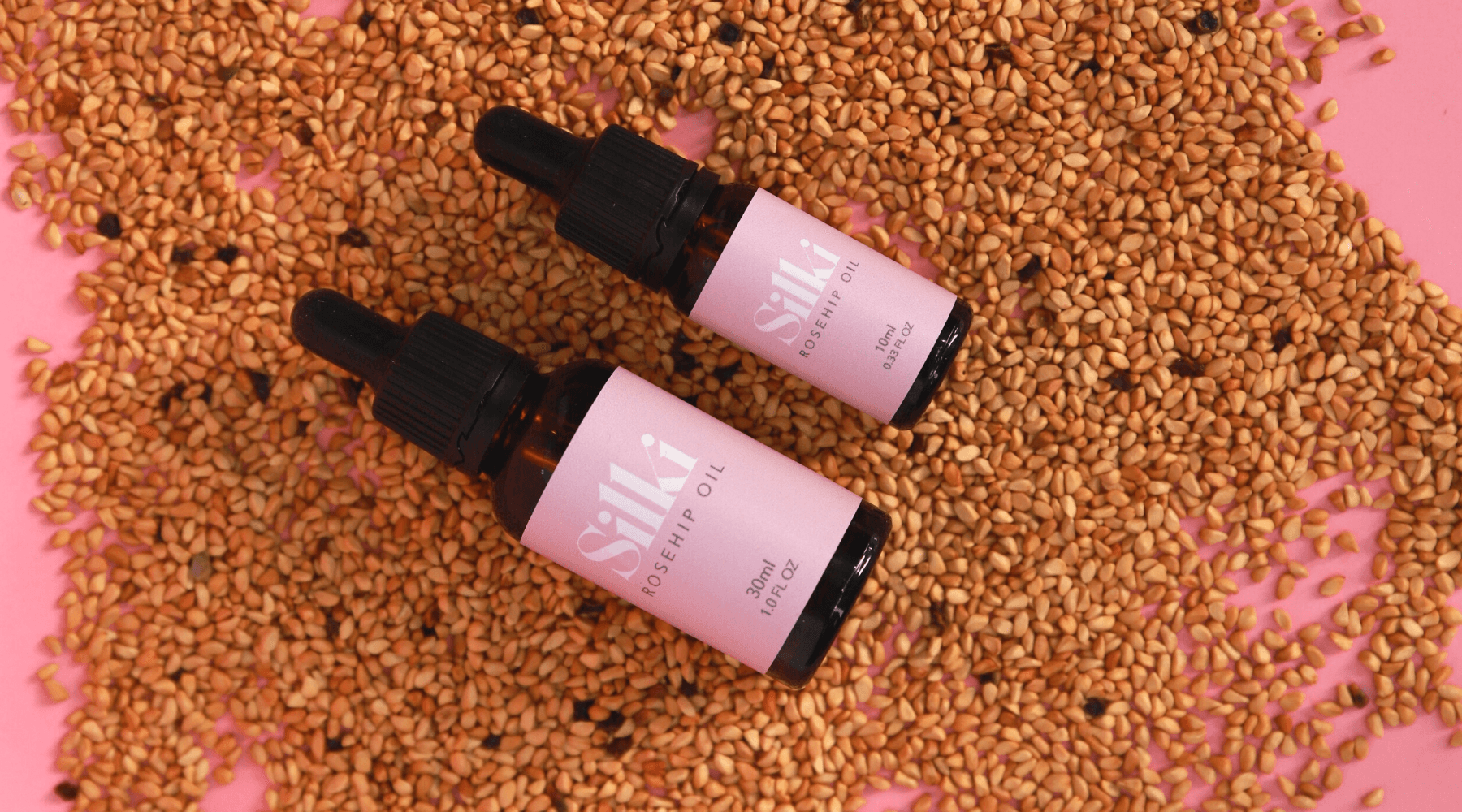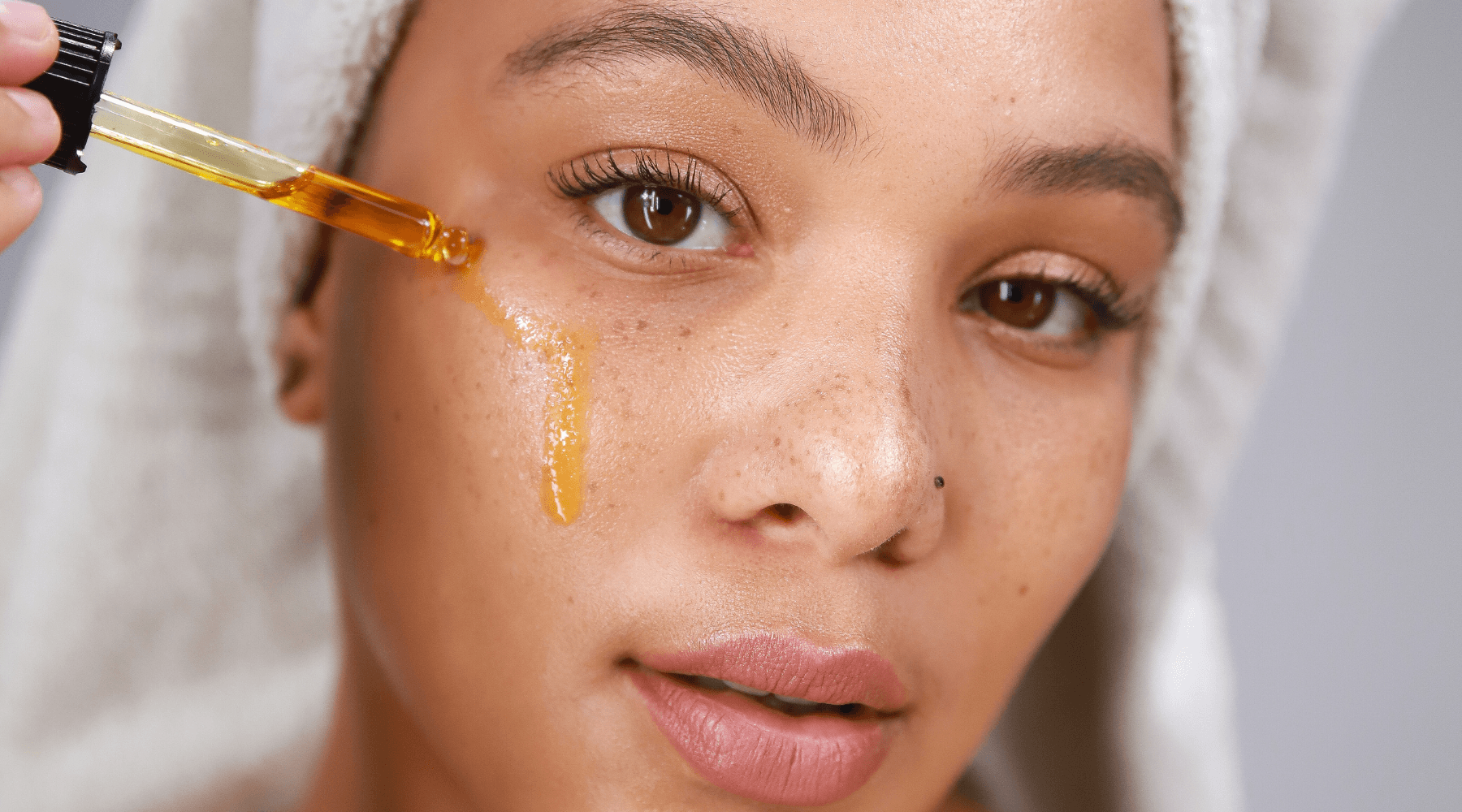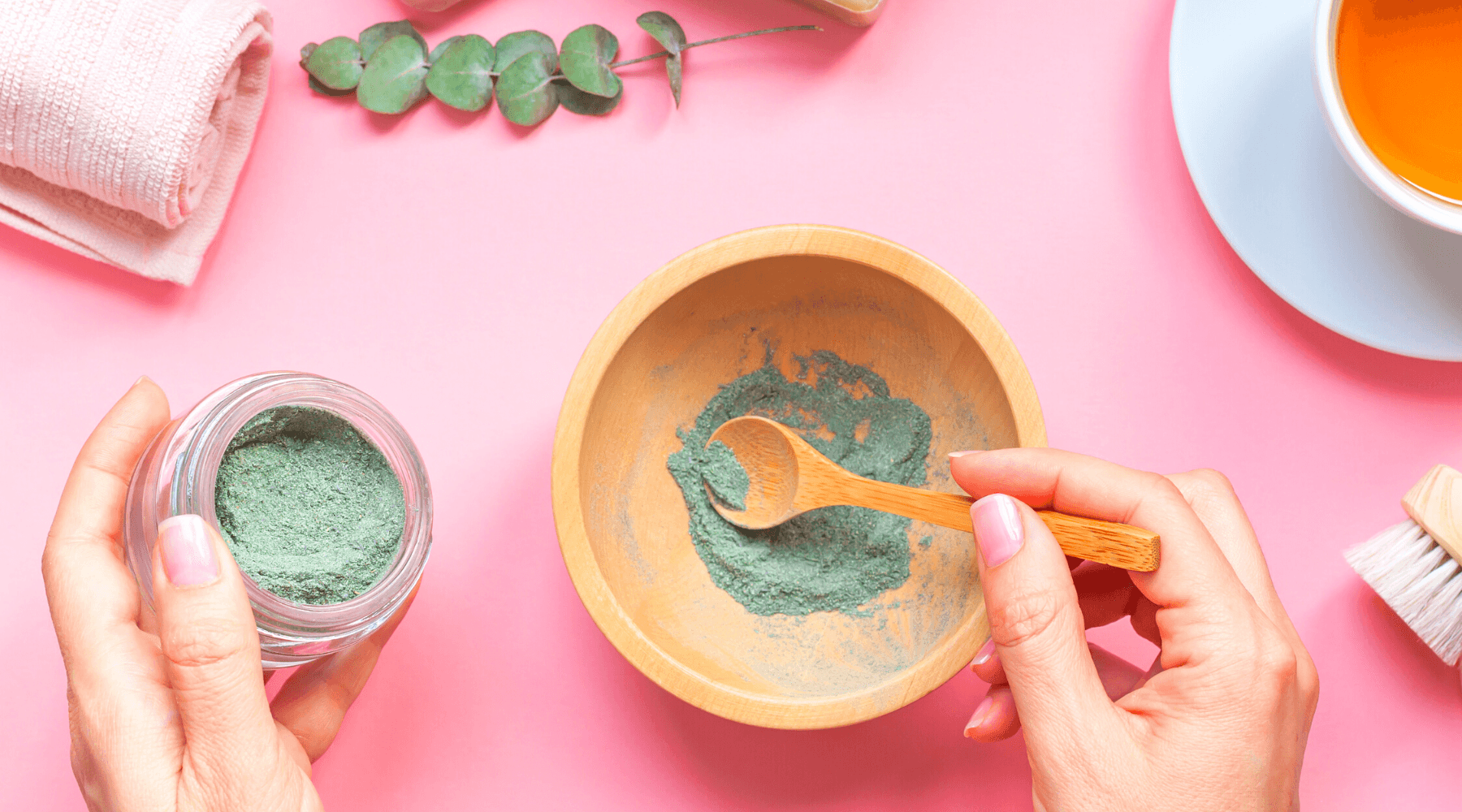
HERE’S WHAT YOU SHOULD KNOW ABOUT ROSEHIP OIL
Psst. Pay attention Ladies, you don’t want to miss this one. I don’t recall being as OBSESSED with an oil as I am with Rosehip Oil. When it comes to skincare products, I’m a tough sell, they have to tick ALL the boxes to win my heart. Rosehip Oil definitely does! So yeah, there might not be a single ingredient that will fix every skin concern BUT Rosehip Oil comes pretty close.

Rosehip oil is extracted from the seeds of the small fruit that sits below the rose. It has a nutrient profile that reads like an all-star lineup of skincare ingredients. Filled with nourishing vitamins A and C and essential fatty acids, it’s no shock that it’s a staple in skincare routines. "It's a versatile ingredient that can help optimise the look and feel of the skin and scalp," says Dr. Manish Shah, a board-certified dermatologist in Denver.
In all honesty, I wasn’t a big fan of facial oil (it didn’t help that the oils I was using were not organic and probably blended with petrochemicals). Yep. Petrochemicals. Ew. So don’t just snatch any old bottle of rosehip oil because not all rosehip oils were created equal. There are a few things to bear in mind to ensure that you’re getting the really good stuff.
So, Are all Rosehip Oils the Same?
No. The rosehips from different species of rose have been found to contain different levels of nutrients and actives.
Rosa Rubiginosa vs Rosa Canina
The two most common types of rosehip oil used in natural skincare are obtained from the species of rose called Rosa Rubiginosa and Rosa Canina. It sounds all technical and stuff but in short, they have a different make-up of Essential Fatty Acids and nutrients, so therefore have a different impact upon the skin.
Rosa Rubiginosa has less Omega 6 and 9 than Rosa Canina which makes it a much better choice for Acne-prone skin. Plus, the main characteristic that makes Rosa Rubiginosa stand out against Rosa Canina is its superior levels of Trans-Retinoic Acid. This natural active is what Rosa Rubiginosa is famed for, and why it’s so effective at restoring and regenerating scar tissue, fading fine lines, wrinkles, scars and blemishes.
If you’re looking for a nourishing rosehip oil to brighten your skin, improve the appearance of wrinkles, scars or blemishes, Rosa Rubiginosa has been found to be extremely effective, and we believe, has the edge on Rosa Canina.
Silki Organic Rosehip Oil

I’m telling you guys, I’m not exaggerating when I say that rosehip oil has been skin-changing for me. My skin absorbs it deeply and quickly, leaving my skin feeling velvety soft, smooth and firm. It’s loaded with vitamins, antioxidants and essential fatty acids to rejuvenate skin and leave you with a flawless complexion.
This antioxidant powerhouse is 100% cold-pressed and contains vitamins C, A and E , lycopene, beta-carotene, essential fatty acids, omega-3, omega-6 and omega 9, is derived from Rosa Rubiginosa, making it the ultimate oil to support all skin types. And get this; this little over-achiever has more vitamin C than an orange or lemon! Bye-bye wrinkles and scars!
With its amazing knack to nourish and moisturise rosehip oil can even be used on dry scalps and hair.Yep, it’s a serious over-achiever.
Other Benefits Include:
- Deeply Nourishes and Hydrates Skin
- Boosts Collagen formation and Skin Elasticity
- Protects against Sun Damage
- Brightens Skin
- It helps Reduce Inflammation. Acne and Eczema rosehip oil is coming for you!
- Lessens Hyperpigmentation
- Diminishes Scars and Wrinkles
- Repairs damaged skin tissue and Stretch Marks
How to Use Silki Rosehip Oil
If you’re new to using rosehip oils in your skincare routine, it’s time to crawl out from underneath that rock. We’re sharing why rosehip oil will be like a best friend in your beauty bag – one who keeps you gorgeous and radiant throughout the day!
Rosehip oil can be used up to twice a day, morning and evening. One way to use this oil by applying it directly to the skin. You could even apply it over your moisturiser. The order in which you apply rosehip oil is really all down to personal preference. ”If you want to use an oil for added radiance, adding a couple of drops to your moisturiser in the morning or mixing with your retinol at night can be beneficial” explains Dr. Mona Gohara, vice president of the Women’s Dermatologic Society.
But we get it, there are a lot of oils out there and it can be difficult to decide which one to get. We searched high and low for the great quality rosehip oils at all price points. Here’s what we found ladies.


